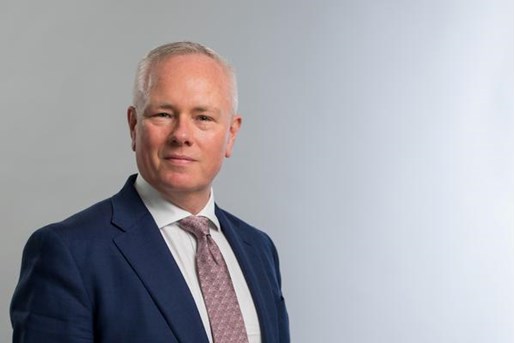We were all set to publish this article in July when, after years of delays, the Board of EDF finally made the final investment decision to construct two nuclear reactors at Hinkley Point C in Somerset.
It has to rank amongst one of the most difficult decisions ever taken: with opposition in France and the UK, a massive commitment on the part of EDF whose finances have recently looked shaky, and controversies around the European Pressurised Reactor technology to be used at Hinkley, all credit to the Board for going ahead.
But then at the last minute, hours after the Board's hard-won approval, the UK government put a halt on the project whilst it reconsidered the whole deal. Not surprisingly, this caused consternation at both EDF and the Chinese investment partners, with undercurrents of a threat to national security particularly upsetting the Chinese.
Government control of critical infrastructure
For Hinkley, a revised deal means that the Government can prevent EDF selling its controlling stake before the plant has been built, unless ministers agree. Once Hinkley is operational, existing legal powers, and a new legal framework, will mean that the Government is able to intervene in the sale of EDF’s stake.
A new legal framework for future foreign investment in British critical infrastructure will mean that the British Government will take a special share in all future nuclear new build projects. This will ensure that significant stakes cannot be sold without the Government’s knowledge or consent.
There will be reforms to the Government’s approach to the ownership and control of critical infrastructure to ensure that the full implications of foreign ownership are scrutinised for the purposes of national security. This will include a review of the public interest regime in the Enterprise Act 2002 and the introduction of a cross-cutting national security requirement for continuing Government approval of the ownership and control of critical infrastructure.
The Government claims that these changes will bring Britain’s policy framework for the ownership and control of critical infrastructure into line with other major economies and mean that, while the UK will remain one of the most open economies in the world, the public can be confident that foreign direct investment works in the country’s best interests.
Good news for the UK
On balance, Hinkley is good news for the UK. As the economy falters after the vote to leave the EU, the certainty of a major infrastructure project going ahead, with the potential to create 25,000 new jobs, will act as a fillip to investors. Despite the Brexit vote, Hinkley shows that our relations with European businesses can continue as usual. In fact, leaving the EU may mean Austria's challenge to the UK's grant of state aid to the project becomes less significant (although of course the separate challenge to EDF's state funding still needs to be surmounted).
Stable baseload
From the energy side, the argument for Hinkley is that we need a stable baseload supply of energy to offset the intermittent nature of renewables – we still need power when the sun does not shine and the wind does not blow. That is the great advantage of nuclear power, plus of course it is low carbon so helps the UK meet its climate change commitments.
The other side to this argument is that whilst this may have been true eight years ago when Hinkley was first mooted, the development of demand side response and storage technology has made this less of an issue, and the cost of wind power is coming down to a level that now looks competitive with the subsidy that Hinkley will get.
In the long term, the UK needs a balanced mix of power and both baseload nuclear and gas, and intermittent renewable power plus storage, will play a part. The closure of all coal-fired plants by 2025 means we have to find alternatives and cannot rely on other new plants being built in time to meet the gap. Hinkley is here to stay and should provide 7% (3.2GW) of our power needs by the end of the next decade.


Richard Goodfellow
Head of IPE and Head of Energy and Utilities (Global)
United Kingdom


